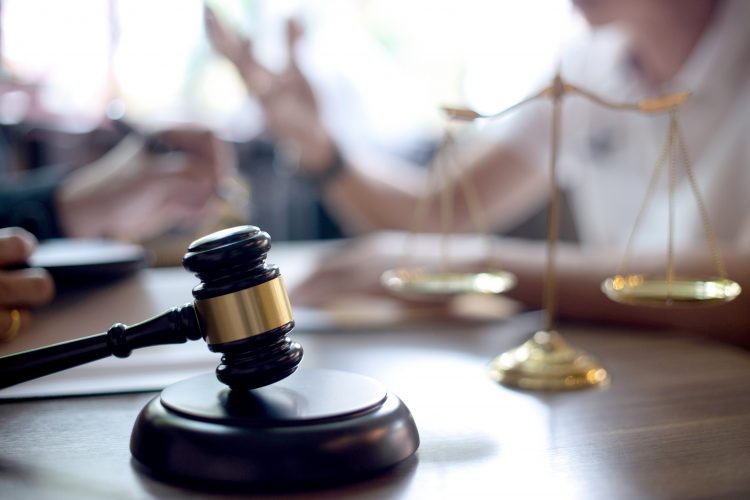Lawyers for Keller Williams fired back at former CEO John Davis in a court filing this week, claiming he is using the judicial system as a vehicle for publicity—the latest volley in an acrimonious legal saga that has included a withdrawn sexual assault claim, accusations of wild self-dealing and high-level leadership shake-ups at the mega-franchisor.
In a 34-page filing, lawyers for Keller Williams asked a federal judge in Texas to throw out a lawsuit filed by Davis back in August of last year, claiming their former CEO is seeking “to use the Court’s public forum to support (his) public relations campaign.”
“The Second Lawsuit is nothing more than a thinly veiled attempt to circumvent this Court’s Order and engage in illicit forum shopping. The Court should not allow it,” the company wrote.
Davis, who served as CEO of Keller Williams from 2017 to 2019, left the company seemingly on bad terms, almost immediately becoming embroiled in bitter disputes with his former employer. He was accused of sexual misconduct by a former Keller Williams agent, and then counter-sued, claiming that lawsuit was manufactured to force him to sell his franchise at a lower price, and that their relationship was consensual.
The woman who claimed Davis assaulted her recanted her accusations and withdrew her lawsuit against Davis late last year, saying she “fully retract(s)” the allegations.
Davis’ countersuit, which also named Keller Williams, company co-founder Gary Keller and former president Josh Team, was compelled to arbitration in March of last year.
But Davis filed a new lawsuit in another, making similar accusations but now more keenly focused on alleged illegal and improper business practices implemented by Keller and Team, including self-dealing, retaliation and exploitation of franchises through manipulation of fees and caps.
Team left Keller Williams in 2021 in a decision that was described as mutual at the time.
Keller Williams, in its response to Davis’ second lawsuit, claims it is a carbon-copy of the earlier lawsuit and serves only to get his allegations out to the public, or as an attempt to find a court that will look more favorably on the issues he presented. The company previously asked the judge to hold Davis in contempt for this—essentially defying the arbitration order.
“This case is yet another attempt by…Davis to end-run this Court’s order,” wrote Keller Williams.
Interestingly, the judge overseeing the second suit—Reed O’Connor—is the same one who sent the first to arbitration. While Davis first filed the lawsuit, it was in a different federal district entirely, but the case was transferred to the same district as the first, and then subsequently to the same judge, without explanation.
Apart from all the convoluted procedures and lurid accusations, on a practical and legal level, Keller Williams argues that the same arbitration agreement that resulted in the first lawsuit being sent to arbitration should also apply to this one. In the filing, the company claims that after “lengthy, protracted, arms-length negotiations,” Davis signed a broad and comprehensive release, requiring him to mediate or arbitrate claims disputes with Keller Williams or its agents.
That agreement included a clause stating that Davis “irrevocably and unconditionally” waives claims “of any kind whatsoever” against the company.
Along with this argument, Keller Williams pointed out it would violate judicial principles to litigate the same basic claims simultaneously in arbitration and before a judge and jury, and also claimed Davis did not properly support his accusations with evidence, describing allegations of extortion and embezzlement as unattached to appropriate civil statutes.
“Plaintiffs allege (Gary) Keller made ‘outward steps to devalue entities’ as well as isolated statements that those who did not support ‘cap directives’ did not belong in leadership,” the company wrote. These statements and actions can hardly be considered ‘threats’ or “use of force, violence, or fear.’”












